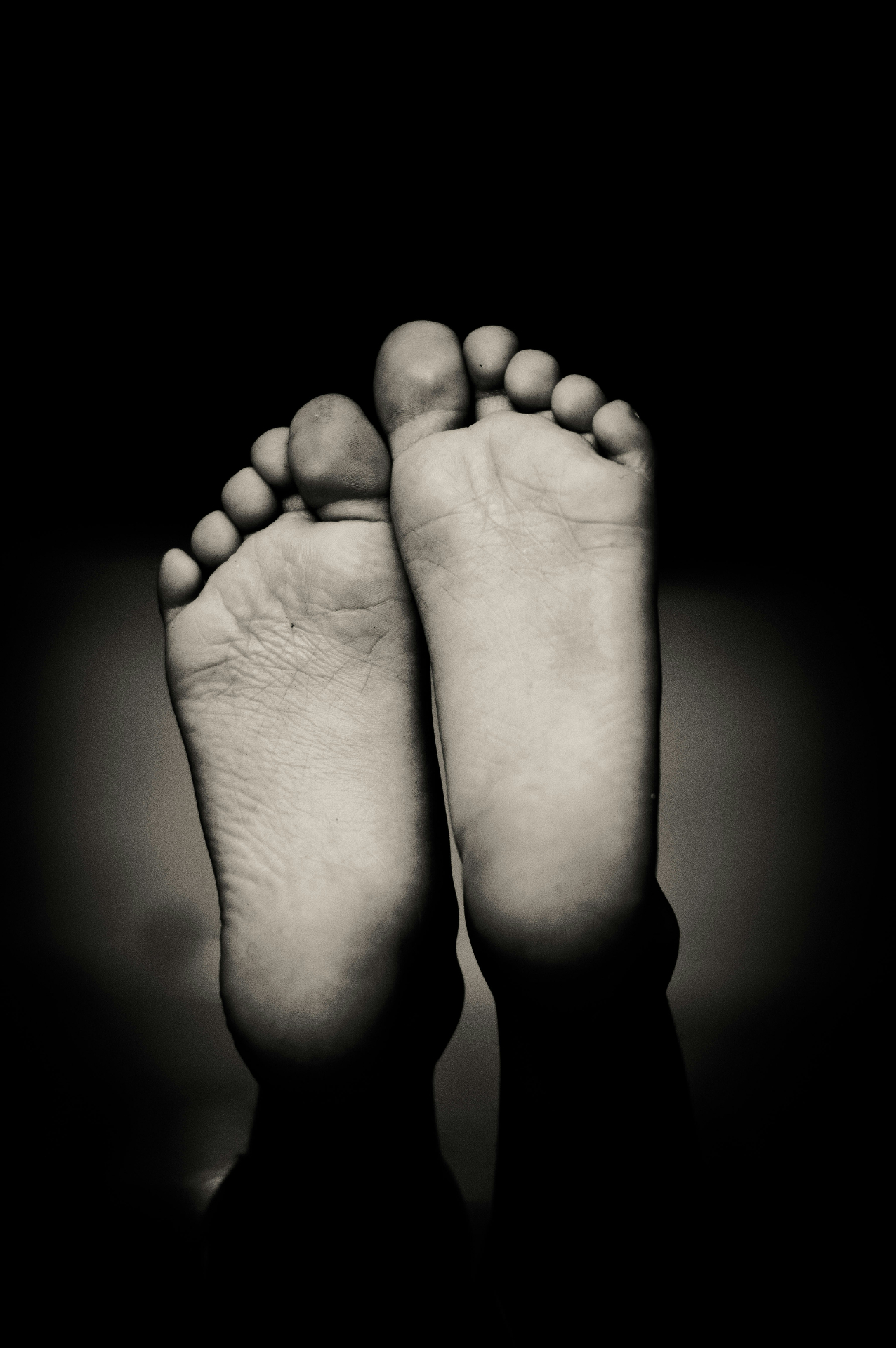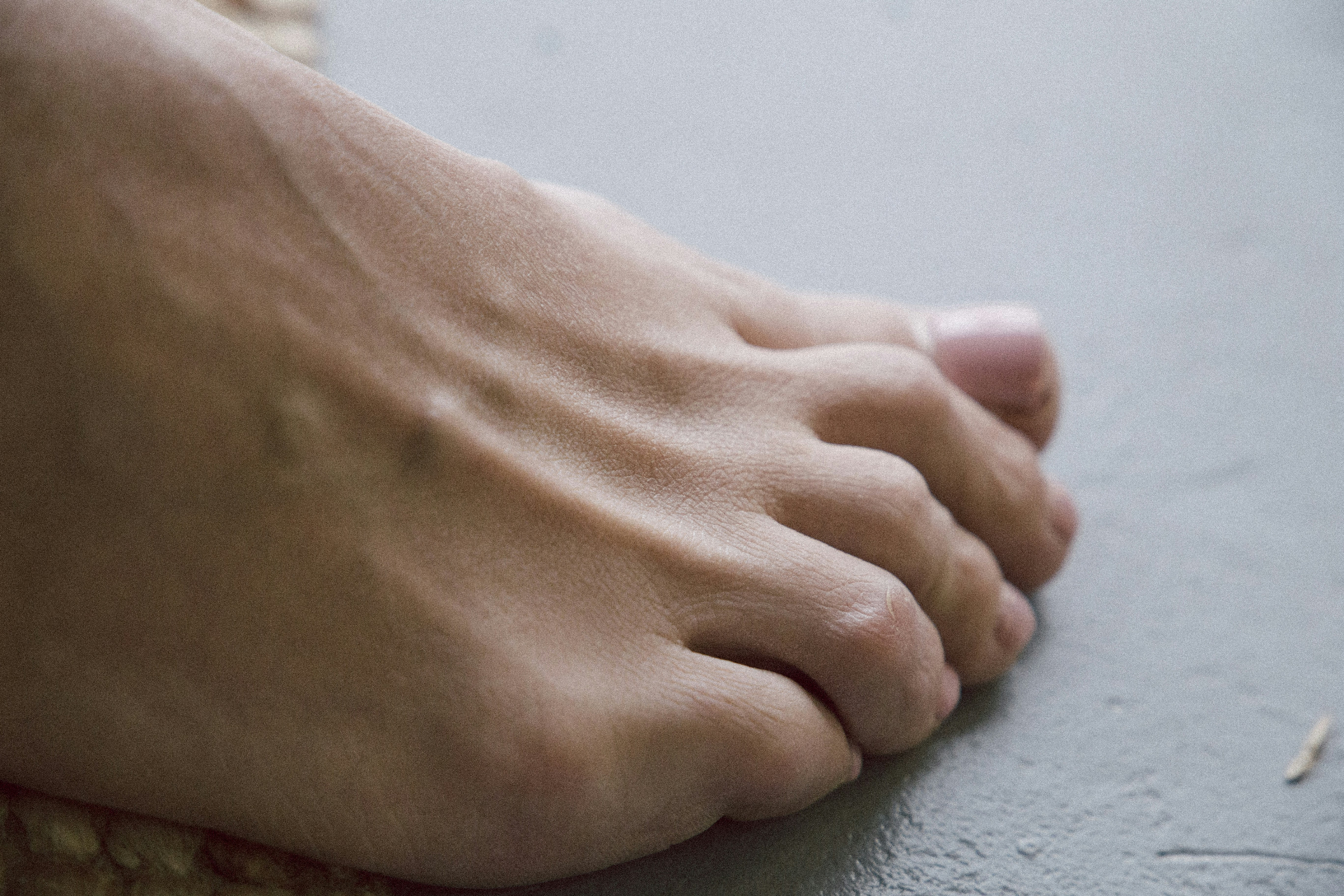Expert care for diabetic foot complications with advanced reconstructive treatments
Highly qualified plastic surgeons specializing in diabetic foot care
State-of-the-art reconstructive procedures and wound care
Comprehensive prevention strategies to avoid complications

Transforming Lives, One Step at a Time: Our Vision for Reconstructive Diabetic Foot Care Clinic is to be a beacon of hope and excellence in providing comprehensive care, empowering individuals with diabetes to overcome foot complications. Through innovative treatments, compassionate support, and patient education, we aim to prevent amputations, promote healing, and enhance the quality of life for every patient we serve. Together, we stride towards a future where every diabetic foot finds renewed health, mobility, and lasting well-being.
Here are some key components of reconstructive diabetic foot care:

We conduct a comprehensive examination of the foot, focusing on its structure, sensation, and blood supply. We assess pressure changes resulting from alterations in joint and bone structure, as well as muscle changes associated with diabetes. These tests are instrumental in preventing wounds and foot pain effectively. Additionally, they aid in the development of treatment plans, including offloading surgeries, to promote faster wound healing.

Each wound requires specialized care that extends beyond simple dressings. Effective wound management entails a comprehensive understanding of the underlying cause. Numerous innovative treatment modalities exist, including ointments, dressing materials, topical oxygen therapy, and negative pressure therapy. These advanced approaches offer promising solutions for optimizing wound healing.

Comprehensive evaluation and specialized treatment of diabetic foot wounds using advanced healing techniques.

Advanced antibiotic therapy and surgical debridement to prevent and treat serious foot infections.

Evaluation of blood circulation and vascular interventions to improve healing and prevent complications.

Advanced surgical techniques including skin grafts, flaps, and microsurgery for complex foot reconstruction.
Check your feet daily for cuts, blisters, redness, or swelling.
Wear well-fitting shoes and avoid walking barefoot.
Maintain healthy blood glucose levels to promote healing.
Don't let diabetic foot complications affect your quality of life. Our expert team is here to provide personalized care and treatment.
Contact on WhatsappFind answers to common questions about diabetic foot care and our treatments
You should consider seeing a foot surgeon if you have persistent wounds that don't heal within 2-3 weeks, recurring infections, signs of poor circulation (cold feet, color changes), loss of sensation, or structural deformities. Early intervention is crucial to prevent complications and potential amputation.
Yes, absolutely. Any wound that persists for more than a few weeks, especially in diabetic patients, requires professional evaluation. Chronic wounds can lead to serious complications including bone infections (osteomyelitis) and may require surgical intervention. What seems "non-bothersome" now could become a serious threat to your limb.
While diabetic patients do have higher infection risks, modern surgical techniques and proper management make surgery safe and often necessary. We optimize your blood sugar levels pre-operatively, use advanced wound care techniques, and provide comprehensive post-operative care. The risk of not treating serious foot conditions often outweighs surgical risks.
Daily foot inspection is crucial - check for cuts, blisters, redness, or swelling. Maintain proper foot hygiene, wear well-fitting shoes, never walk barefoot, keep blood sugar levels controlled, moisturize feet (but not between toes), trim nails carefully, and schedule regular professional foot examinations. Early detection and prevention are key.
Yes, diabetes can cause silent damage to your feet through nerve damage (neuropathy) and poor circulation. You may lose sensation gradually without realizing it, making you unable to feel injuries or pressure points. Regular professional screenings can detect these changes early, even before symptoms appear.
Prevention involves maintaining excellent blood sugar control, daily foot inspections, proper footwear, regular exercise to improve circulation, avoiding smoking, managing blood pressure and cholesterol, scheduling regular podiatric examinations, and promptly addressing any foot problems. Professional education and custom orthotics may also be recommended.
Get in touch with our expert team for personalized diabetic foot care
+91 88867 35004 , 8260954607
contact@rdfc.in
Multiple hospitals in Visakhapatnam
SADASATYA POLYCLINIC Infront of royal enfield showroom, near electric office ganjam odisha
2nd floor, Coastal One, Plot no 1, Balaji Nagar, Siripuram, Visakhapatnam 530003.
SADASATYA POLYCLINIC Infront of royal enfield showroom, near electric office ganjam odisha Clinic ph no 8260954607
For urgent diabetic foot complications, call immediately: +91 88867 35004